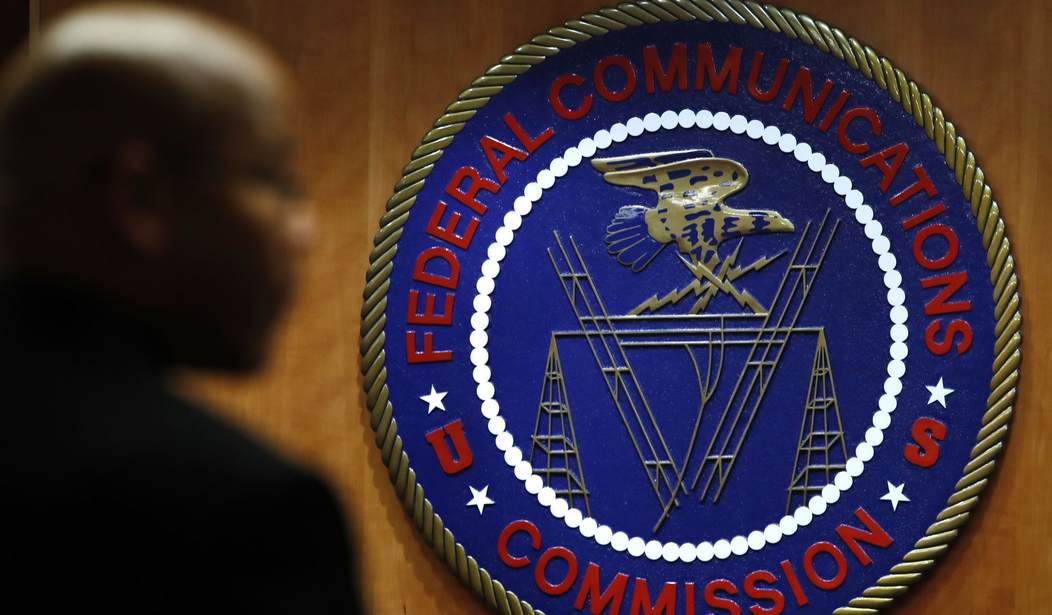CTIA, the trade group that represents the wireless industry, released a report this month examining the growth of 5G in the United States, noting that while the fifth generation of wireless is being deployed faster than any previous generation, additional mid-band spectrum is needed to keep up with the demand.
The study says that U.S. consumers and businesses will need an estimated 400 megahertz of additional mid-band licensed spectrum in five years, and 1,500 megahertz of that spectrum in the next decade.
“Decisive action to re-establish the Federal Communications Commission’s auction authority and identify a pipeline of exclusively licenses, full-power mid-band spectrum is sorely needed to secure the future of America’s competitiveness and national security,” the report says.
The CTIA report also says that 5G has delivered wide coverage in the United States twice as fast as 4G. Coast-to-coast, 5G is available in 54 percent of connections in 5G-capable devices most of the time, Ookla reports. That puts the U.S. well ahead of other international leaders such as South Korea, Australia, and China.
While America outpaces those nations in connectivity so far, the U.S. risks losing its advantage because those other countries are making more mid-band spectrum available to providers. While high-band spectrum provides the fastest speeds, the signal does not spread far and is easily blocked by obstructions. Mid-band spectrum between 3 GHz and 8.5 GHz offers good coverage and reliable speeds.
5G is expected to add $1.5 trillion to the American economy while contributing 4.5 million-plus jobs. Because the fifth generation can add speeds up to 100 times faster than those provided by 4G, the new technology’s low latency makes applications such as self-driving cars and improving supply chains possible. For example, in 2017, Deloitte estimated that 5G technology will save more than $300 billion in healthcare costs each year. That number will surely increase as more healthcare applications become 5G enabled.
Recommended
5G is providing record-breaking speeds. The median wireless download speed in 2022 was 128 Megabits per second, more than six times faster than the median 19 Mbps in 2016.
The technology is also helping fuel new applications to help close the digital divide. 5G is being used to deliver fixed wireless access to more rural regions where it’s more difficult to deliver fiber. This technology beams a wireless signal to receivers in homes and businesses from a nearby tower, offering broadband speeds where none was previously available. While fixed wireless is expected to grow 16-fold from 2021 to 2025, CTIA points out that it can only be offered where capacity is high enough to provide reliable service. Econ One reports that consumers could save more than $8 billion per year due to increased competition from fixed wireless services if operators had additional spectrum capacity.
While wireless and cable organizations may disagree on how spectrum should be allocated, they all agree that more spectrum is needed.
Those groups, and organizations like the Taxpayers Protection Alliance (whose recent op-ed on the topic can be found here), continue to call on Congress to reauthorize the FCC’s spectrum auction authority, which lapsed this spring for the first time in 30 years.
Those auctions have been a catalyst for 5G expansion, and industry leaders hope Congress will act soon to grant the commission the authority again. Congress initially gave the FCC the authority to auction off unused spectrum through competitive bidding in 1993. The auctions have raised more than $233 billion for the U.S. Treasury while unlocking thousands of megahertz of spectrum and helping usher in new generations of wireless technology (including 5G) that have helped close the digital divide.
Making more spectrum available is critical to strengthening America’s competitive advantage. For example, China has made strong 5G progress in recent years, potentially threatening America’s 5G dominance.
In fact, the Consumer Technology Association noted in a recent press release that the lapse of auction authority is “holding U.S. businesses back and giving global competitors (like China) a competitive advantage at a critical time in the race to 5G and beyond. It’s time for Congress to come together on a bipartisan basis, and put consumers first, by passing a multi-year reauthorization of the FCC’s spectrum auction authority.”
Congress has made some progress. The House Energy and Commerce Committee unanimously approved H.R. 3565, Spectrum Auction Reauthorization Act of 2023, in May. That act would extend the FCC’s auction authority for three years. Rep. Cathy Morris Rodgers (R-Wash.), the chair of that committee, said during remarks at the June 21 Communications and Technology Subcommittee hearing that the extension is a priority for her committee.
The occupants of Capitol Hill should act fast so that the U.S. does not allow other nations to catch up with America’s 5G lead.
Johnny Kampis is director of telecom policy for the Taxpayers Protection Alliance.

























Join the conversation as a VIP Member